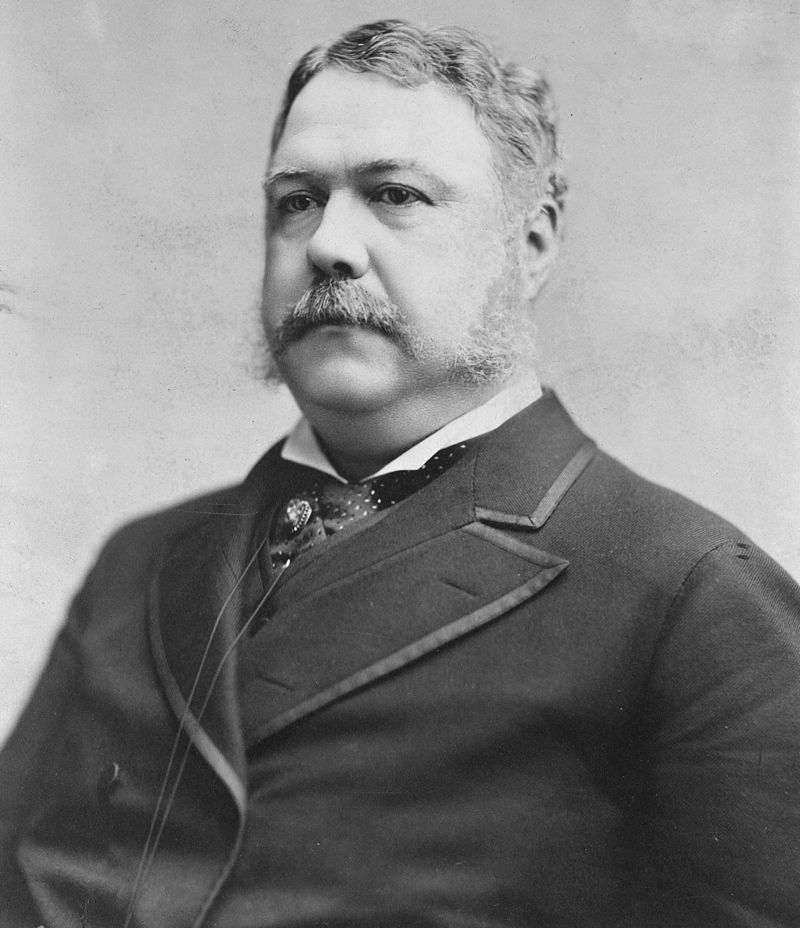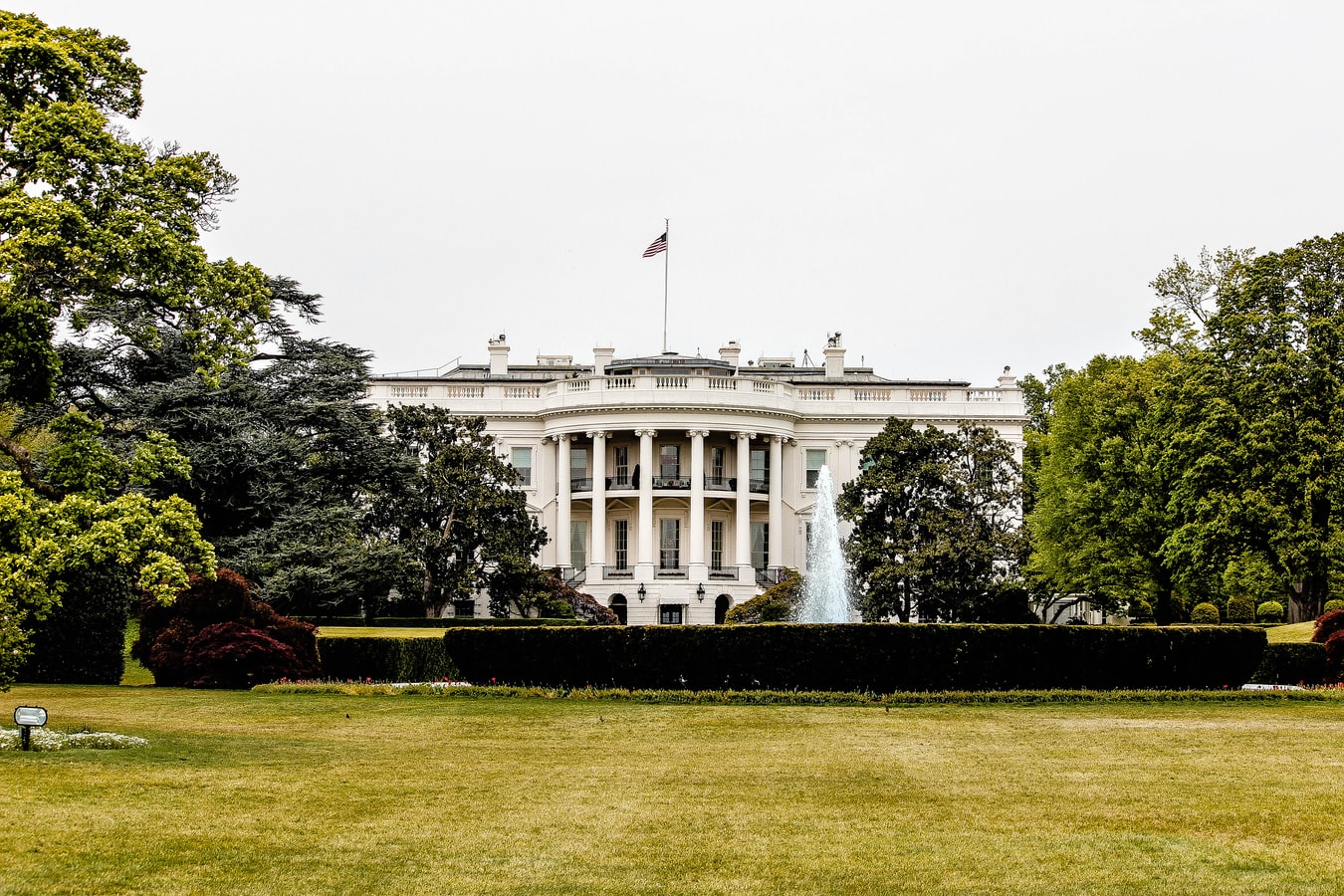This is the thirteenth of thirteen issues selected by our members and resulting from a nationwide faith and values study called Vital Signs.
Each week, we will cover a new topic with in-depth insights and biblical perspective in order to encourage, equip, and inspire praying Americans leading up to the 2020 Election.
What qualifies an elected official to lead?

The dictionary defines leadership as “the action of leading a group of people or an organization,” with synonyms like “guidance, direction, authority control, and management.” Warren Bemis, a pioneer in leadership research, says, “Leadership is the capacity to translate vision into reality.”
According to Psychology Today, “effective leaders likely share some key personality traits, including sociability, ambition, and curiosity—and these traits may be more relevant to the role than intelligence.” Genetics play a role, but so do environmental factors such as education and opportunity.
Forbes lists characteristics of a good, and presumably successful, leader: enthusiasm, integrity, great communication skills, loyalty that is received and given, decisiveness that includes a level of risk-taking, managerial competence, the empowerment of others, and charisma.

Theories abound on the art of political leadership, and they are wide-ranging. Socrates and Machiavelli are often cited as offering the basic principles of governance. A more recent study suggests that, since political leaders are elected rather than appointed, and they act as representatives, they require consent from those whom they govern and serve, and charisma might well outweigh other attributes of leadership—especially in the days where the “cult of personality” is rampant.
Many of America’s presidents of the past have discussed leadership.

Chester A. Arthur said, “Be fit for more than the thing you are now doing. Let everyone know that you have a reserve in yourself; that you have more power than you are now using. If you are not too large for the place you occupy, you are too small for it.”
Barack Obama said, “Change will not come if we wait for some other person or if we wait for some other time. We are the ones we’ve been waiting for. We are the change that we seek.”
Lyndon B. Johnson said, “There are no problems we cannot solve together, and very few that we can solve by ourselves.”
George W. Bush said, “Leadership to me means duty, honor, country. It means character, and it means listening from time to time.”

Franklin D. Roosevelt said, “It is common sense to make a method and try it. If it fails, admit it frankly and try another. But above all, try something.”
Ronald Reagan said, “The greatest leader is not necessarily the one who does the greatest things. He is the one that gets the people to do the greatest things.”
What people in America are saying they want in their leaders
A Yahoo News/YouGov poll taken in July 2020 asked respondents about the qualities they wanted in a president. As might be expected, supporters of the two major candidates had different ideological priorities. Republicans value strength (76 percent say it’s important) and Democrats value honesty (81 percent) and competence (77 percent.) Democrats also tend to value empathy more highly than Republicans (69 percent versus 48 percent).

But they agree on the leadership quality they most want in a president—taking responsibility. Yet, each side feels their candidate does it well while the other candidate doesn’t!
Many Americans are frustrated about their lives, disappointed in their country, and angry at their leaders, according to an article from the Harvard Kennedy School. The 2018 political campaign left them disappointed and angry. These Americans are rejecting the political establishment and criticizing people they view as elite for being out of touch and self-serving. They have a profound lack of confidence in the American economic and political system.

Rapid social change has also weakened confidence in the American system, and by extension its leaders, including those in Congress as well as the presidency. The Harvard report concluded, “Our political process depends on more than our elected leaders—it depends on many institutions and traditions of civil society. We rely on a free and vigorous press, on an independent judiciary, on facts and evidence, on effective administration of government programs, on engaged citizens participating in public life, and more. Too many of our elected leaders are ignoring or attacking those institutions and traditions for short-term tactical advantage, and in the process are causing long-term damage. And again, the blame lies not just with our leaders, but with ourselves as citizens.”
Americans have come to expect that when the national fabric tears apart, the president will be adept with the right political needle and thread to fix it, or at least have a mending plan. Americans expect presidents to be deal makers, foreign and domestic.

It is good to remember that no one person can possibly represent the totality of the varied, competing interests of 327 million citizens. And the difficulty of managing an executive branch of 2 million employees (not including the armed forces) who are charged with everything from regulating air pollution to x-raying passengers before they board an airplane, may be beyond the capability of any president.
Leon Panetta, who has served prior presidents as director of the CIA, secretary of defense, and White House chief of staff, said, “Presidents are caught in a crisis-by-crisis response operation that undermines the ability of any modern president to get a handle” on the office.
What God has to say:
The Bible has much to say about leadership, and much of it deals with leadership within the church. However, it is important to remember that he also directed that leaders be chosen from among the people—a representative government—while the children of Israel were wandering in the desert.

In Deuteronomy 1:9-18, seeing that the oversight of the people was too great for one man, Moses was instructed by God to select wise and experienced men to be leaders. There were ranks among them, much as it would be for a military organization. There were also judges. Yet, even though Moses was to select them, it was God who appointed them.
Daniel 2:20-22 emphasizes that it is God who is in control. “Blessed be the name of God forever and ever, to whom belong wisdom and might. He changes times and seasons, he removes kings and sets up kings; he gives wisdom to the wise, and knowledge to those who have understanding; he reveals deep and hidden things; he knows what is in the darkness, and the light dwells with him.”
In the first chapter of Revelation, it clearly states that Jesus Christ is “the ruler of kings on earth” (Revelation 1:5).
Those who would presume to lead have an awesome responsibility. Hebrews 13:17 says, “Obey our leaders and submit to them, for they are keeping watch over your souls, as those who will have to give an account. Let them do this with joy and not with groaning, for that would be of no advantage to you.”
Leaders should be upright and good managers. “It is an abomination to kings to do evil, for the throne is established by righteousness” (Proverbs 16:12). “If someone does not know how to manage his own household, how will he care for God’s church?” (1 Timothy 3:5). Or care for the citizens of a nation, one might extrapolate. God’s type of leader is a just encourager and is not subject to bribery. “By justice a king builds up the land, but he who exacts gifts tears it down” (Proverbs 19:4).

The Lord would also expect of a leader what He expects of good citizens, “not to think of himself more highly than he ought to think, but to think with sober judgment” (Romans 12:3). “Humble yourselves, therefore, under the mighty hand of God so that at the proper time he may exalt you” (1 peter 5:6).
God has given different gifts to different people. They are intended to be used to God’s glory. For the leader, he expects them to lead with zeal (Romans 12:8), defined as “great energy or enthusiasm in pursuit of a cause or an objective.” The zealous political candidate would be filled with a strong and energetic desire to get something done or see something succeed.
Jesus warned in Matthew 7, “Beware of false prophets, who come to you in sheep’s clothing but inwardly are ravenous wolves. You will recognize them by their fruits.”
PRAYER POINTS
- Ask God for discernment in assessing which candidate most closely mirrors the biblical qualifications for leadership.
- Pray that God would reveal the hidden things by shining a light into the darkness and exposing the truth.
- Pray that other followers of Jesus Christ would seek Him and His will before casting their ballots.
- Pray that, whatever the outcome, the nation’s leaders would look to God for the nation’s protection, for his own zealousness in moving the nation in the right direction, and for a strong personal relationship with Jesus Christ.










